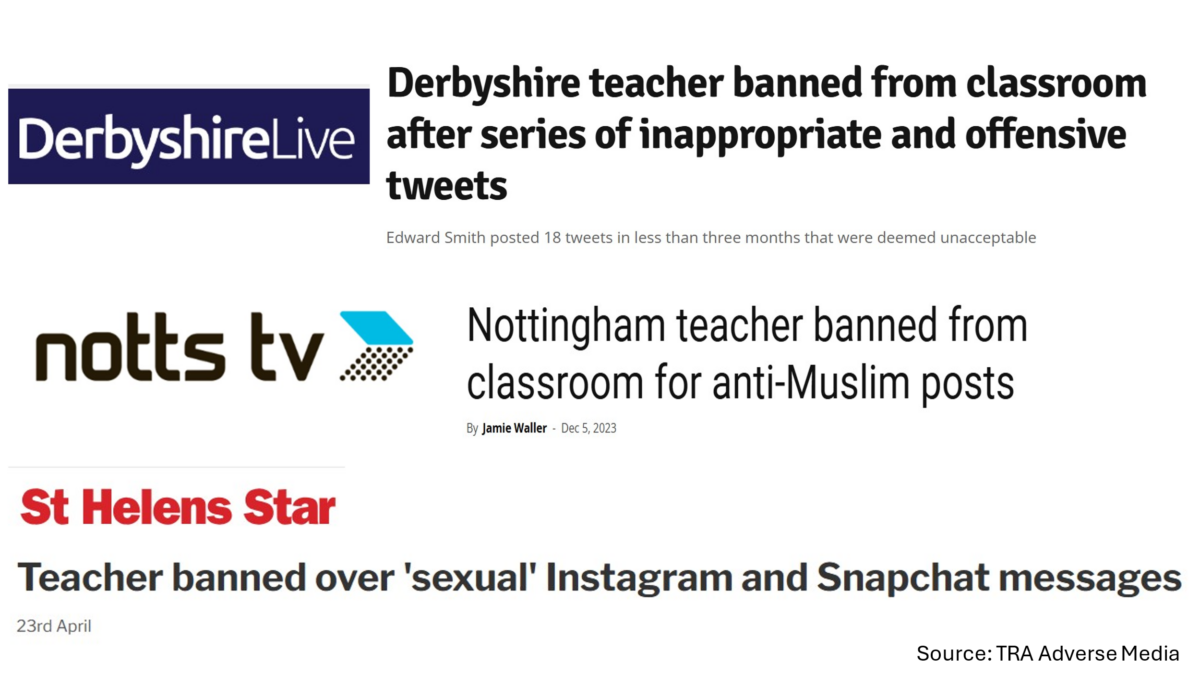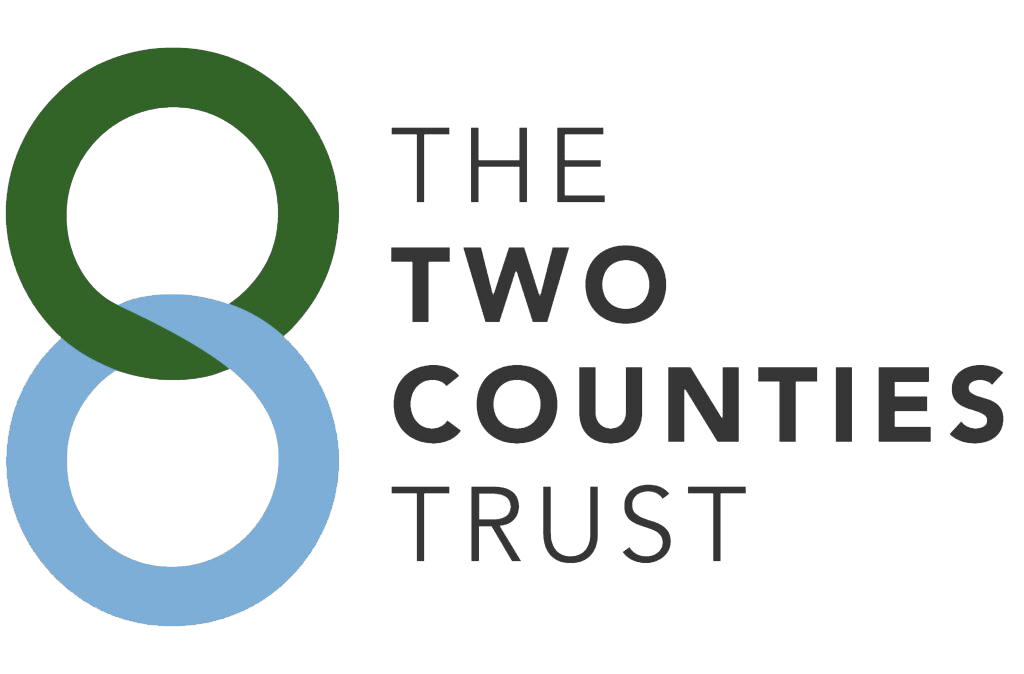Safeguard children and avoid reputational damage with Vetting Technology checks.
Recent cases from the Teacher Regulation Agency (TRA) conduct panels demonstrate the need for social media and adverse media checks in addition to a DBS.
KCSIE (Keeping Children Safe in Education) guidelines state that schools should consider carrying out an online search as part of the due diligence in shortlisted candidates. A quick trawl through the most recent TRA cases demonstrates that failure to operate a robust and ongoing vetting procedure can cause reputational damage and, more importantly, risk safeguarding pupils.
It’s clear the language and imagery used in many of the TRA cases could have been identified and highlighted as a risk. This is calculated using the behavioural categories that Social Media Check (SMC) searches for across the major social media platforms with its fully automated solution.
Of course, a DBS check is mandatory for the teaching profession. It is a trusted method to ensure that individuals have a clean criminal record and are deemed safe to work with children. However, there are other behaviours that aren’t considered to be crimes but are equally important in assessing someone’s suitability for a role. Adverse Media checks also have a part to play in finding negative information across global websites, providing a complete and comprehensive online solution. In most of the TRA cases relating to inappropriate social media posts, our Adverse Media report also demonstrates the negative media coverage that follow the panel decisions.

Whilst the TRA panels involving social media posts are of a serious nature, in many cases, an SMC check will reveal a naïve post made many years ago that has simply been forgotten by the individual. The opportunity to edit or delete a post that might cause embarrassment to both employee and employer, but would not necessarily prevent an individual from being considered for a position, increases the value of undertaking the check collaboratively during the recruitment process.
Social Media Check
SMC is a fully automated solution, eliminating the need for manual searching or the possibility of unconscious bias. It searches posts against nine key behavioural characteristics: toxic language, extremist groups, hate speech, swearing and profanity, potential nudity, violent images, drugs, weapons and firearms. Organisations can also add specific key client words to the search, such as the name of a school. Content can be both text or images as SMC uses Optical Character Recognition (OCR) to provide a complete and robust service.
Our solution provides a comprehensive and easy-to-follow interactive report and certificate in under an hour, highlighting content which might cause embarrassment, harm or reputational damage.
Social media checks from SMC can only be carried out with the individual’s consent, ensuring GDPR compliance, and a collaborative approach. Our data shows that less than 1% of individuals refuse to undertake an SMC search.
Adverse Media
Adverse Media identifies any negative information such as criminal activity, fraud or other illegal activities which could pose a reputational risk to an organisation. The perfect complement to a DBS and social media check, it involves scanning a wide range of sources with comprehensive data from over 230,000 global websites in more than 120 languages.
Our search will provide back-dated checks to the year 2000 providing one of the most comprehensive news libraries in the world.
How SMC has helped

With multiple schools in our Trust, we needed a quick, cost-effective and compliant procedure to conduct on-line checks of candidates. Social Media Check’s automated solution has been very effective. It is quicker and more comprehensive than a manual check, with results often delivered in under an hour.

With the changes to the KCSIE guidelines, we needed an efficient, cost effective and compliant way to conduct online checks. Manually checking is time consuming and can find characteristics irrelevant to a hire. Social Media Check’s automated solution reduces the risk of subjectivity and unconscious bias and its ease of use and comprehensive reporting has enabled us to realise operational efficiencies in our recruitment process.
